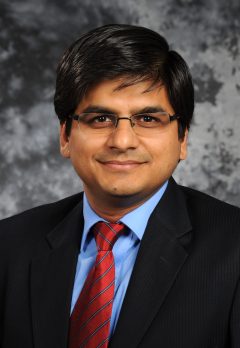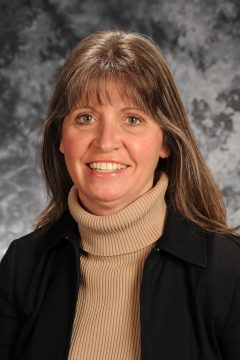An upcoming workshop will focus on the technology challenges, knowledge gaps and research needs associated with developing, demonstrating and applying lightweight materials. These materials can be used for successful deployment and operation of simplified advanced reactor technologies.
The workshop is a collaboration between the Fission Battery Initiative, within Idaho National Laboratory’s Nuclear Reactor Sustainment and Expanded Deployment Initiative, and the National University Consortium. The workshop will include presentations and discussions on topics related to advanced manufacturing, modeling and simulation, artificial intelligence and testing and qualification capabilities.
The aim of this workshop is to understand technological challenges, knowledge gaps, and research needs associated with the development, demonstration, and application of light-weight materials for successful deployment and operation of simplified advanced reactor technologies.
The expected outcome of this workshop is to identify priority research directions advancing the light-weight materials research and development for advanced mobile reactor technologies such as microreactors and fission batteries.
The Fission Battery Initiative vision is to define, focus, and coordinate research and development of technologies that can fully achieve battery-like functionality for nuclear energy systems. The notion of a “fission battery” conveys a vision focused on realizing very simple “plug-and-play” nuclear systems that can be integrated into a variety of applications requiring affordable, reliable energy in the form of electricity and/or heat and function without operations and maintenance staff. In order to formalize the desired functionality, the initiative has adopted the following attributes to be achieved: economic, standardized, installed, unattended and reliable.
As microreactors and fission batteries, need to be transported (from manufacturing location to deployment site, between different deployment sites during their operational lifetime or after the completion of their mission or operational lifetime back to the manufacturing site) and ready for operation at different deployment sites with no or minimal onsite infrastructures (that could be onshore or offshore or co-sited with other distributed energy sources). Research to achieve the mobility and siting of microreactors and fission batteries should consider design and materials that significantly reduce overall system weight while achieving radiation shielding and structural resilience.

Technical Lead, Fission Battery Initiative
Phone: 208-526-1107
Email: [email protected]
